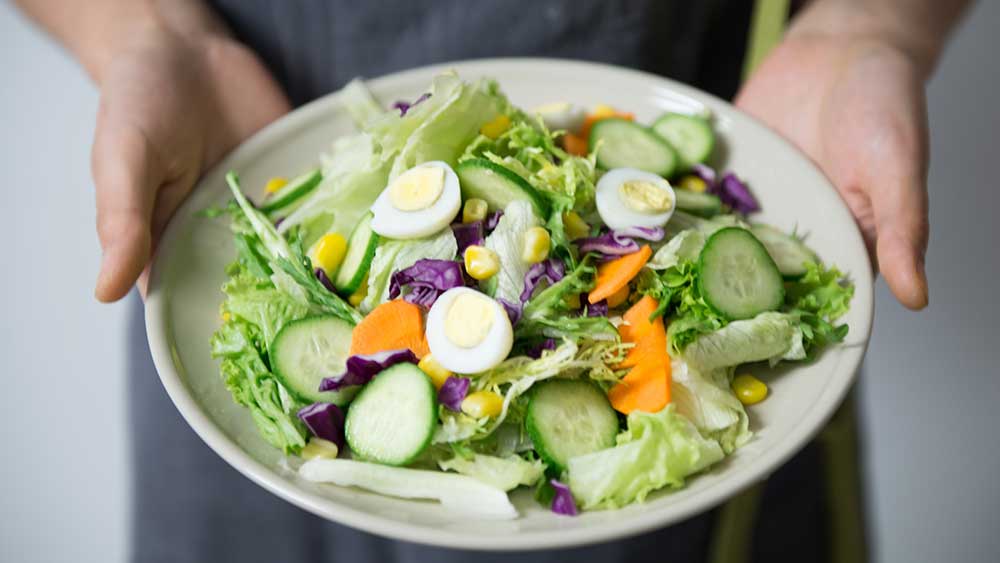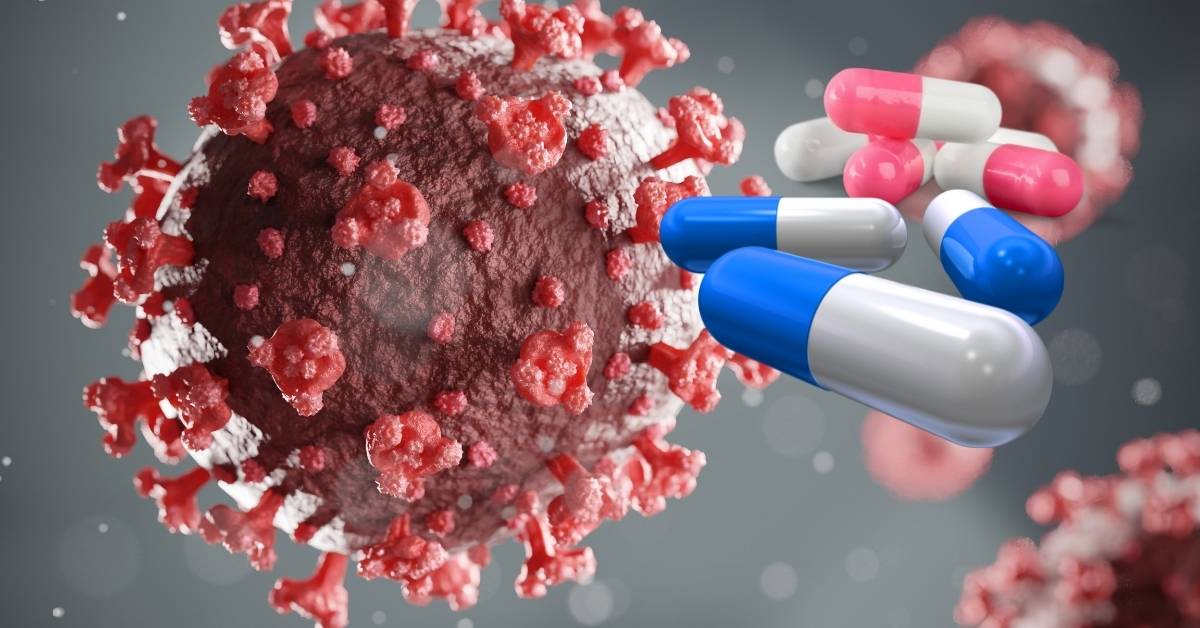Adopting a vegetarian diet as a means to mitigate the challenges associated with menopause can potentially pave the way for a more successful and gratifying experience. Menopause, an inevitable stage in a woman’s life, often holds a negative connotation due to the various discomforts it brings.
However, contrary to popular belief, there are proactive measures that can be taken to alleviate its impact and enhance overall well-being.By embracing a vegetarian lifestyle, you open doors to a multitude of possibilities for improving your quality of life during this transitional period.
A carefully curated plant-based diet can offer a plethora of benefits, such as promoting hormonal balance, managing weight, and reducing the severity of common menopausal symptoms.
Making conscientious dietary choices centered around plant-derived foods empowers you to regain control and actively influence the way your body navigates this transformative phase. The abundance of nutrients found in fruits, vegetables, whole grains, legumes, and plant-based proteins can play a pivotal role in supporting hormonal equilibrium and minimizing the fluctuations that often accompany menopause.
Moreover, a vegetarian approach allows for a greater emphasis on consuming foods rich in phytoestrogens, which are naturally occurring compounds that mimic the effects of estrogen in the body. Incorporating soy products, flaxseeds, and other sources of phytoestrogens into your meals can potentially alleviate menopausal symptoms and contribute to a more harmonious hormonal environment.
By recognizing the power of dietary modifications, you can take proactive steps to enhance your overall well-being and embark on a journey towards a happier, more fulfilling life during menopause. Embrace the notion that you possess the agency to positively shape your experience, and empower yourself with the transformative benefits of a vegetarian diet.

What is the normal age for menopause?
The onset of menopause typically occurs in women between the ages of 45 and 55, marking a significant transitional phase in their lives. This natural biological process can persist for a duration of up to 14 years, although the average length is approximately seven years.
It is important to note that lifestyle factors, including smoking habits, the age at which menopause initially manifests, as well as racial and ethnic background, can influence the duration of this transformative stage.
A well-chosen vegetarian diet to reduce menopause might help stop it
A vegetarian diet can help a lot in increasing your energy and reducing your menopause symptoms. With a vegetarian diet, you will also experience increased energy and a healthier lifestyle, not to mention the many health conditions you will avoid with a correct diet. It also helps men who are experiencing andropause as well.
You might also like it: How gardening helps you lose weight and live longer
So it doesn’t matter if you’re in your premenopausal period or postmenopausal period; changing to a vegetarian diet will definitely help you reduce your menopause and increase your energy level.
How to Reduce Menopause Symptoms naturally?
Here is a list of 7 steps to starting a vegetarian diet that will help women reduce their menopause and men with their andropause.
- Green vegetables in your diet should be encouraged. Green vegetables such as yams, dark leafy vegetables like kale, collard greens, and spinach, Pak Choi, broccoli, and cabbage, as well as peppers, and tomatoes, should be particularly included significant benefits on your health.
- Get some vegetarian cookbooks that will help you develop ideas for new vegetarian dishes that you can prepare according to your taste buds. There are various sources to find different vegetarian recipes, including the internet, libraries, local bookstores, etc.
- Avoid fried food or junk food: Choose foods that are rich in nutrients -which are needed during your transition phase in your life to reduce menopause symptoms. Instead of fried food, go for boiled, baked, and steamed food. It is better to have whole grain bread, oat, and rye rather than white bread or flour. When choosing rice, select long-grain brown rice over white rice. Sweet potatoes and pasta should be more frequently included in your diet in comparison to potatoes. Beans and lentils should be an essential component of your diet.
- Nuts, particularly Brazils and walnuts, seeds of pumpkin, sunflower, and linseed, and seaweeds, should be included in the meals whenever possible. They are very healthy and beneficial, especially during menopause.
- Include more fruits in your diet like bananas, melons, and citrus fruits which are high in potassium content helps maintain sodium levels and water retention. Dry fruits like apricots and figs should also be included.
- Soy products are very beneficial for women, especially the ones who are going through pre-menopause symptoms. Isoflavones present in soy substitute the female hormone estrogen present in the female body. A rich Soy diet helps to prevent severe and minimize menopausal conditions and osteoporosis in a woman.
- Menopause can sometimes feel like a difficult time in a woman’s life. Remember that sticking to a healthier diet is not only going to help you reduce your menopause; it will also help you lead a healthier and much longer life, which you can spend with your loved ones. If you ever feel disheartened or depressed, find ways to cheer yourself up and make sure you stick to the diet even in tough times because, in the long run, you will be glad you turned vegetarian.
Remember,
Menopause is a phase in every woman’s life. The best you can do is to learn about the subject and prepare yourself for the changes that you will experience. Moodiness and anxiety are common problems during menopause, but you can quickly go through this phase without any serious concerns if you know you are in control.
An excellent vegetarian diet will help you take control of yourself and reduce all the symptoms.
Consider the vegetarian lifestyle today and take a step in the right direction and discover the simple steps to start the vegetarian lifestyle now.
You can get further information on menopause.
- Lifestyle and dietary factors determine the age at natural menopause
- Diet and age at menopause: Is there a connection?
- Vegans Report Less Bothersome Vasomotor and Physical Menopausal Symptoms Than Omnivores
FAQ – Reduce Menopause Symptoms Naturally
What is the best diet for a menopausal woman?
Menopause symptoms may be alleviated by eating a diet rich in whole foods, including fruits, vegetables, and grains, as well as high-quality proteins and dairy products. It’s also possible that phytoestrogens and healthy fats, such as the omega-3 fatty acids found in fish might be beneficial.
Is being vegan good for menopause?
A plant-based diet that includes a daily portion of whole soybeans was shown to help lower menopausal hot flashes in women by 84 percent, according to research that was conducted not too long ago and lasted for a period of 12 weeks. It’s possible that switching to a vegan diet can help you shed some of the weight you’ve gained throughout menopause and keep it off.
Can a vegetarian diet balance hormones?
According to a new study, vegan diets are the best for the hormones in the gut and for feeling satisfied. According to the findings of a study recently presented at the Nutrients conference and published in the journal Nutrients, adhering to a vegan diet may help stimulate the production of healthful gut hormones responsible for controlling blood sugar levels, feelings of fullness, and body weight.
What foods decrease estrogen in females?
The most effective foods for lowering excessive estrogen levels include those that are high in fiber, cruciferous vegetables, broccoli sprouts, green tea, and meals that are rich in probiotics like sauerkraut.

